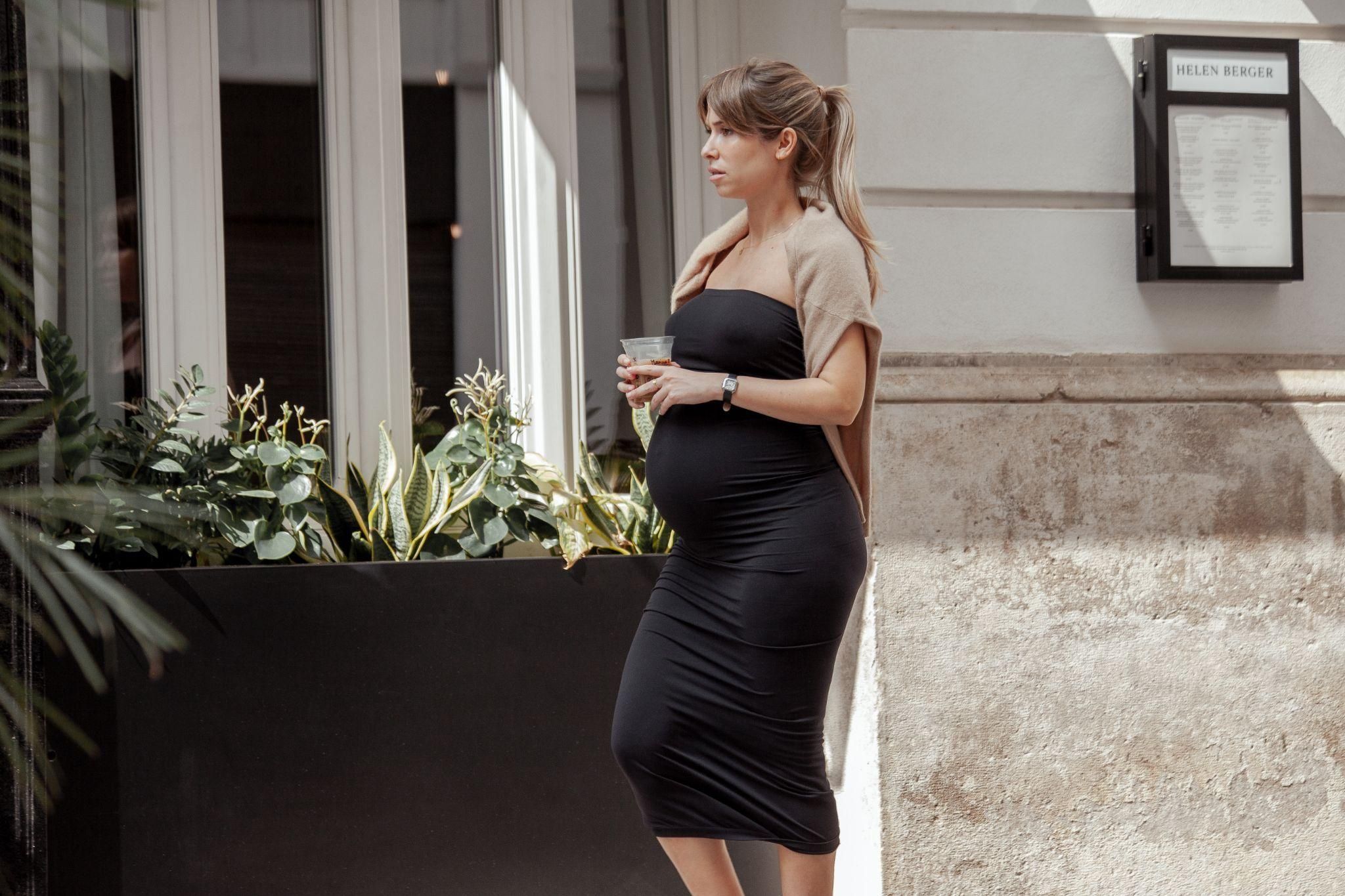London, as one of the most diverse cities in the world, is home to a multicultural population, with expectant parents representing a myriad of cultural, religious, and social backgrounds. This diversity underscores the importance of culturally inclusive antenatal care services, which ensure that all parents feel supported and respected throughout their pregnancy journey. By tailoring antenatal care to meet the unique needs of London’s multicultural community, healthcare providers can create an environment where every family thrives.
This article explores the cultural considerations within London’s antenatal care services, the challenges faced by expectant parents, and how clinics, practitioners, and complementary services are addressing these needs.
The Importance of Culturally Inclusive Antenatal Care
Cultural inclusivity in antenatal care ensures that expectant parents receive care that respects their beliefs, traditions, and preferences. This not only builds trust but also promotes better health outcomes for both mother and baby.
Key Benefits of Culturally Sensitive Antenatal Care:
Enhanced Communication: Language support and culturally aware staff improve understanding and engagement during antenatal appointments.
Respect for Traditions: Tailored care that accommodates cultural preferences, such as dietary practices or birth rituals.
Improved Health Outcomes: Greater trust in the healthcare system leads to higher attendance at antenatal checkups and adherence to medical advice.
Learn more about culturally inclusive practices at the Royal College of Obstetricians and Gynaecologists (RCOG).
Challenges Faced by Culturally Diverse Communities in Antenatal Care
Despite the NHS’s efforts to provide inclusive care, expectant parents from diverse backgrounds often face challenges, including:
Language Barriers
Non-English speaking parents may struggle to communicate effectively during antenatal appointments, leading to misunderstandings or missed information.
Cultural Misunderstandings
Traditional practices, such as dietary restrictions during pregnancy, may not always align with medical advice. Misalignment can create mistrust between parents and healthcare providers.
Limited Awareness
Some communities may lack awareness of antenatal services, leading to lower attendance at antenatal education classes or missed appointments.
Find multilingual resources for expectant parents at NHS Language Support Services.
How London’s Antenatal Services Address Cultural Needs
1. Language Support
Many antenatal clinics in London provide interpreters and multilingual resources to bridge communication gaps. For example:
UCLH Women’s Health Services offers interpreters for antenatal appointments.
St Thomas’ Hospital provides leaflets in multiple languages, ensuring accessibility.
Visit UCLH Maternity Services for more information.
2. Cultural Awareness Training for Healthcare Providers
Healthcare professionals undergo training to understand and respect cultural practices, such as:
Modesty preferences during physical examinations.
The use of traditional medicines and their potential interactions with antenatal vitamins.
3. Community-Based Support Groups
Support groups tailored to specific cultural communities offer guidance and companionship. Organisations such as Maternity Action work with local groups to provide culturally sensitive antenatal education.
Top Antenatal Clinics Offering Inclusive Care in London
1. Chelsea and Westminster Hospital
Specialisation: Multicultural maternity care.
Services: Language support, antenatal education classes tailored for diverse communities, and access to cultural dieticians.
Contact: Visit Chelsea and Westminster Hospital
2. Homerton University Hospital
Specialisation: Comprehensive care for immigrant and refugee families.
Services: Multilingual staff and specialised clinics for high-risk pregnancies.
Contact: Visit Homerton Hospital Maternity Services
3. King’s College Hospital
Specialisation: Support for underrepresented groups in antenatal care.
Services: Community outreach programs and antenatal checkups tailored to cultural needs.
Contact: Visit King’s College Hospital
4. The Portland Hospital
Specialisation: Private care with culturally tailored birth plans.
Services: Dedicated consultants familiar with international birthing traditions.
Contact: Visit The Portland Hospital
Complementary Services to Enhance Culturally Sensitive Care
Antenatal Yoga
Antenatal yoga is increasingly popular among expectant parents from all cultural backgrounds. Studios like Triyoga London offer classes tailored to pregnant women’s physical and emotional needs, accommodating cultural preferences for modesty or female-only instructors.
Antenatal Massage
Antenatal massage provides relaxation during pregnancy while respecting cultural norms. Clinics such as London Pregnancy Massage specialise in pregnancy-safe treatments.
Nutrition Guidance
Dieticians familiar with cultural cuisines work with parents to create antenatal nutrition plans that align with their traditions. Learn more at NHS Healthy Eating During Pregnancy.
Real-Life Experiences: Cultural Considerations in Antenatal Care
Aisha’s Journey
Aisha, a first-time mother from a Somali background, appreciated the interpreter services at Chelsea and Westminster Hospital. “They respected my preferences and ensured I understood every step of the process.”
Ravi and Priya’s Story
Ravi and Priya chose King’s College Hospital for their antenatal care. “The staff accommodated our vegetarian diet and included Ayurvedic principles in our nutrition plan.”
Fatima’s Support Group
Fatima found a culturally specific antenatal support group through Homerton University Hospital. “It was comforting to connect with other mothers who shared my background.”
Future Directions: Enhancing Cultural Inclusivity in Antenatal Care
As London continues to grow in diversity, antenatal services are evolving to meet the needs of its multicultural population. Key areas of focus include:
Technology Integration: Multilingual telemedicine services for virtual antenatal appointments.
Community Partnerships: Collaborating with cultural organisations to improve awareness and attendance.
Expanded Training: Ensuring all healthcare providers receive advanced cultural competence education.
Conclusion
Cultural inclusivity in London’s antenatal care services is essential for ensuring that every expectant parent receives the support and respect they deserve. By addressing language barriers, embracing cultural traditions, and providing tailored services, antenatal clinics in London set a benchmark for multicultural care.
For more information and resources, visit:
NHS Maternity Services
Maternity Action
Chelsea and Westminster Hospital
Mind UK
References
- The Ultimate Antenatal Classes
Prepare for labour, birth, and baby care with nine experts, including senior NHS midwives and an award-winning obstetrician!
https://unii.com/en/journey/ultimate-antenatal-classes









